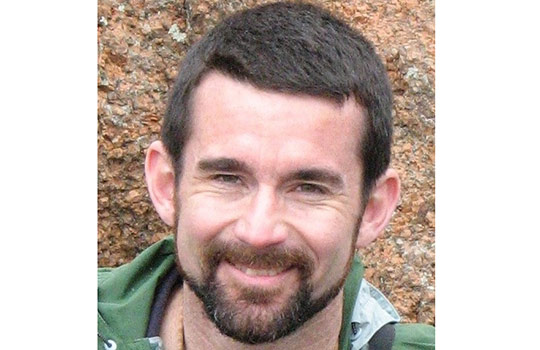A live telecast of The Marriage of Figaro to a baseball stadium from the Kennedy Centre provided a delightful and illuminating synergy with the 2016 conference of the National Centre for Creative Ageing in Washington DC. After attending the conference’s opening reception at an exhibition of art by older people, we had a short walk to this […]
Category: Columnists
Richard Smith: Epidemiology—big problems and an identity crisis

The Germans probably have a more precise word for it, but it’s close to schadenfreude as an outsider to watch a professional group agonise over who they are, whether they matter, whether their methods are adequate, and whether they are missing something important. I had this experience in Bristol last week as a gaggle of […]
Jeffrey Aronson: When I use a word . . . Phlegmatic
The second of Galen’s four fluid humours of the body, φλέγμα, was associated, when in supposed excess, with a phlegmatic temperament, “not easily excited to feeling or action; stolidly calm, self-possessed, imperturbable; sluggish, apathetic, lacking enthusiasm” (OED). Although this sounds dull, the ultimate origin of the word is the IndoEuropean root BHEL, associated with verbs […]
Richard Smith: Finding meaning in life through neurosurgery

Paul Kalanithi, a neurosurgeon, wanted badly to understand life and its meaning, and he knew that to do so he would need to understand death. So when in his 30s he developed a cancer that he knew would kill him, he thought (and subsequently wrote): “Shouldn’t terminal illness, then, be the perfect gift to that […]
“Our language is funny—a ‘fat chance’ and a ‘slim chance’ are the same thing”: Helping artificial intelligence understand patients
Google is in hot water. First of all, the artificial intelligence (AI) focused branch of the organization, Google DeepMind, recently held a public meeting on the hot topic of accessing NHS patient information. Google already has access to 1.6 million patient records, and plans to build an electronic portal that allows patients and doctors to […]
Jeffrey Aronson: When I use a word . . . Drugs and medicaments
When is a drug not a drug? The word “drug” first appeared, in various forms, in Middle French and English in the late 14th century, without recorded antecedents. It originally meant “any substance, of animal, vegetable, or mineral origin, used as an ingredient in pharmacy, chemistry, dyeing, or various manufacturing processes” (Oxford English Dictionary). It […]
Richard Smith: The challenge of high need, high cost patients

A challenge to all health systems is how best to manage “high need, high cost patients,” a term developed by the Commonwealth Fund. Its president, David Blumenthal, discussed the best response in last week’s annual health lecture of Imperial College’s Institute of Global Health Innovation. The first reason for caring about such patients is that […]
Richard Smith: Being creative in developing primary care

Primary care covers the whole population, but it’s underfunded and has increasing difficulty recruiting doctors; and there are worries about equity and the quality of care. This could be the NHS in Britain, but it’s the health system in Florianópolis, Brazil. The NHS can learn from the Brazilian experience, and Jorge Zepeda, a family physician […]
Jeffrey Aronson: When I use a word . . . Sanguine—hopeful, not bloody minded
The first of Galen’s four fluid humours of the body, αἷμα, blood, was associated with the temperament that came to be known as sanguine, from the equivalent Latin word, sanguis. Sanguis meant the fluid that flows from wounds, the blood that colours the face red, bloodshed, as in battle or sacrifice, life blood or the […]
William Cayley: What is your story?

Much has been written in recent years about “narrative medicine” or “narrative based medicine,” and there has even been discussion of how to integrate “narrative” and “evidence based” medicine in both journal articles and books. Most of this work (very helpfully) focuses on the narratives of patients: who they are as people, how their sufferings affect them, how […]